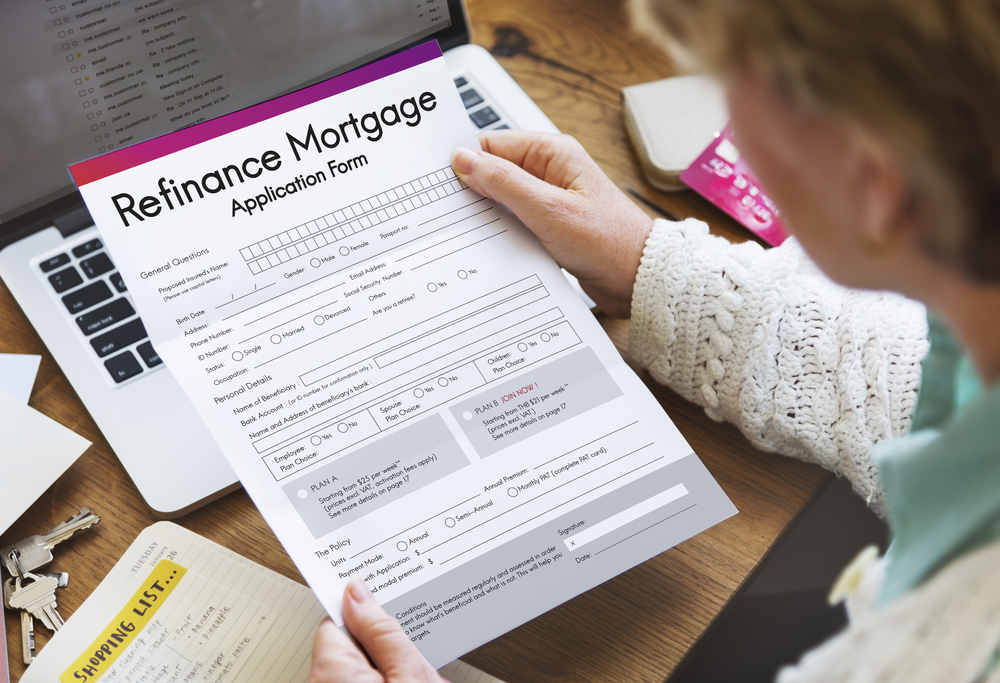Strategies for Retiring at Every Age

Retirement is a big decision. Along with marriage, divorce, having children, and moving, it is one of the biggest life transitions you'll encounter. Research shows the happiest retirees start planning at least five years before their desired retirement date. Unfortunately, too many folks wait until the last minute, such as when their company offers an early-retirement package. Best to start planning long before you have too!
Start your analysis by looking into what factors play into the retirement decision at various ages. All retirees need to work through calculations to determine how long their money may last - but someone who wants to retire at 50 has a different set of underlying assumptions they will need to use when compared to someone who wants to retire at 70.
The next few slides walk you through how the assumptions change by age, by taking a look at what it takes to retire by 40, 50, 55, and 70.
Retiring at 50
Those who retire by 50 do one of a few things; they live on very little and save a lot, they inherit money, or they grow and sell a profitable business (or develop some other form of intellectual property).
If you are willing to live on less and don't have a lot of savings, consider a low-cost retirement lifestyle, such as residing in an RV in a campground, retiring in a low-cost overseas community, or living in a small apartment located in a place where owning your own vehicle isn't necessary. If these lifestyles sound reasonable to you, an early retirement may work for you - even if you don't have a large amount of retirement savings.
If you've always been a career-oriented person, an "A type" or an over-achiever, and you have the funds to sustain an early retirement, there are other non-financial reasons for you to think twice before retiring. You may find retirement enjoyable for a few months, but without a new project to work on, too much leisure time may get old for you. Business owners and working professionals are those most likely to get bored in retirement.
Whatever type you may be, to have a successful early retirement you must take into account how you are going to pay for health care expenses - and you need to account for the fact that your funds may need to cover 40 years (or more) of living expenses.
Note: If you have sufficient savings but most of it is inside retirement accounts one way to access retirement savings early without paying a penalty is to set up what are called 72t payments from your IRA account. This option allows you to take money out before age 59 1/2 without paying the early withdrawal penalty.

Retiring at 55
If you have sufficient savings, retiring at age 55 may be more feasible than you think. Why? Many people assume their retirement money is off limits until they reach age 59 1/2, but a special rule in most 401(k) plans allows penalty-free withdrawals from age 55 - 59 1/2 - but only if you retire after your 55th birthday. Taking money out of retirement accounts early while delaying the start age for Social Security to age 70 can often make an early retirement feasible.
Another thing you'll need to plan for: you'll have ten years before Medicare coverage begins, so when you build your retirement budget sure to factor in the cost of buying your own health insurance.
And, like all those considering an early retirement, you'll also want to decide what you plan on doing with your time. Read stories from other retirees and see which ones you identify with. When you know what to expect you'll be more likely to have a successful transition into retirement.

Retiring at 62
According to the U.S. Census Bureau, 62 is the average retirement age in the United States. This makes sense as 62 is the earliest age you can being collecting your own Social Security retirement benefits. Be careful of claiming right away; many people who begin their benefits at 62 end up regretting this decision when they see how much more they could have gotten if they began benefits at a later age.
Even with a delayed Social Security start date, if you plan ahead, you should be able to save enough to retire at 62 and maintain a comfortable lifestyle. Planning ahead means you've worked your way through the items in the retirement checklist.
Think you've got a good plan? If you've consolidated accounts, understand your Social Security claiming options, know which accounts you will withdraw from and have estimated the taxes you'll pay in retirement, then you're doing things right.

Retiring at 65
Sixty-five is a realistic retirement age for most. Medicare benefits begin at 65, you can begin collecting Social Security at any time, and there are no penalty taxes for retirement account withdrawals.
You'll have some big decisions to make at 65 though: what type of supplemental health care policy you want, how to plan for potential long-term care expenses, and how to handle future cognitive declines. You'll also have to have a "decumulation" plan - meaning a plan as to how you are going to withdraw from accounts, what order, how much, etc.
Also, beware, for upcoming retirees full retirement age for your Social Security benefits is NOT 65 - it is age 66 or later. For most of you this means even if you retire at 65, you'll be best off waiting a year or so before beginning your Social Security benefits.

Retiring at 70
If you're still working at 70 you may be the type who never wants to retire. There is nothing wrong with that!
If you do want to retire at 70 the good news is you'll get the maximum amount of Social Security benefits by waiting to begin benefits at age 70. Note: There is no benefit to waiting past 70.
There's more good news; some retirement products get more attractive with age; annuities and reverse mortgages are two products that, like wine, get better with age. You'll also need to plan on taking IRA withdrawals as required minimum distributions begin at age 70 1/2. If you miss these there is a hefty penalty, so make sure you start them on time.
Once you have the finances in order, consider reviewing all your beneficiary designations and getting your essential estate planning documents in order.
This article was originally published on The Balance.








